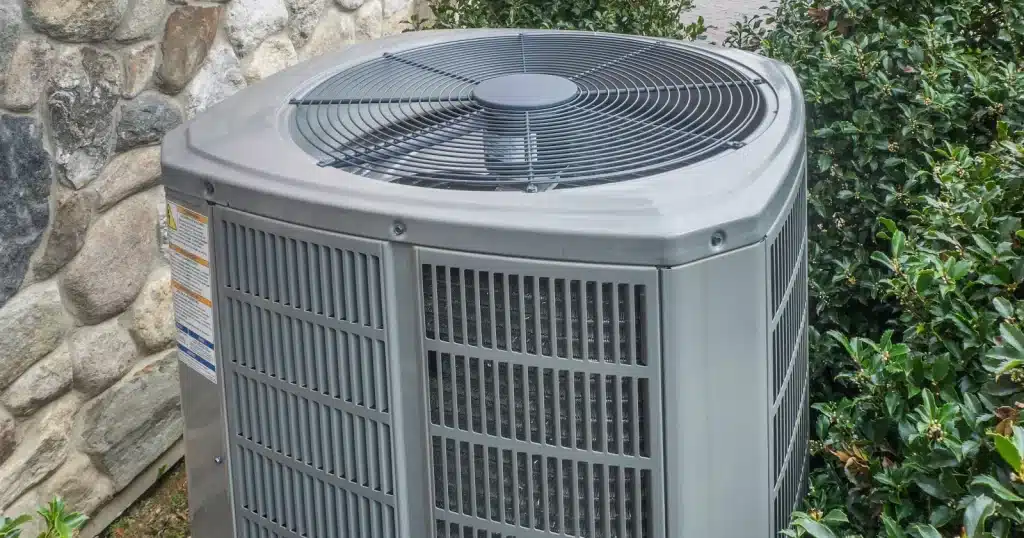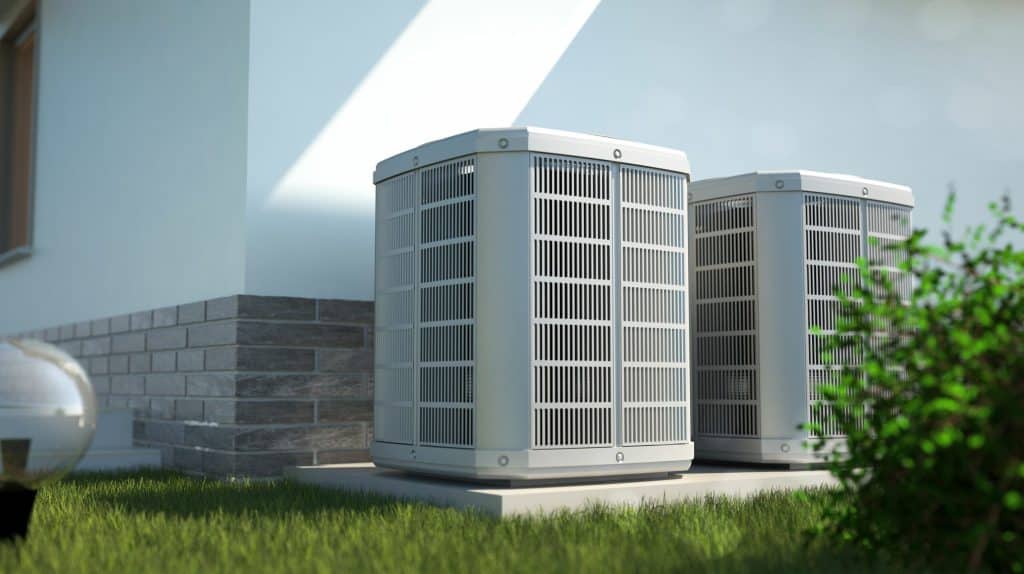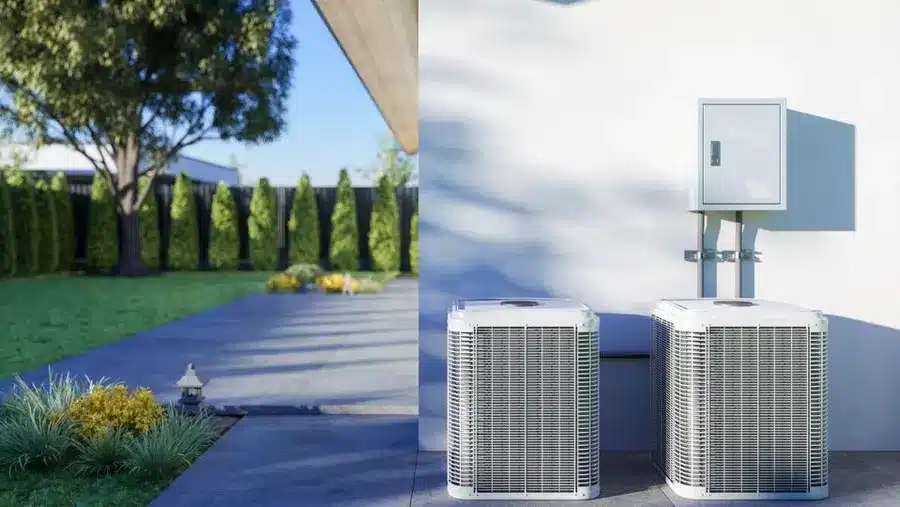In the realm of home improvement, securing the best price on an HVAC unit is a pivotal concern for homeowners. Understanding how to navigate the market and negotiate effectively can yield significant savings. By implementing strategic approaches and considering various factors, individuals can ensure they’re getting the most value for their investment.
Navigating the HVAC Market: A Buyer’s Guide
When embarking on the journey to purchase an HVAC unit, it’s essential to conduct thorough research. Understanding the different types of HVAC systems available, their respective efficiencies, and the specific needs of your home is crucial. By educating yourself on the various options, you can make informed decisions that align with both your budget and requirements.

Different HVAC systems cater to different needs, from central air conditioning systems to ductless mini-split systems. Each type has its pros and cons, and it’s essential to weigh these factors against your specific requirements. For instance, while central air conditioning systems provide whole-house cooling, ductless mini-split systems offer more flexibility in terms of zoning and installation.
Moreover, considering the size and layout of your home is paramount when selecting an HVAC unit. A unit that is too small may struggle to cool or heat your space adequately, while one that is too large can lead to inefficiencies and higher energy bills. Consulting with HVAC professionals or conducting a thorough load calculation can help determine the appropriate size for your home.
Timing Is Key: Leveraging Seasonal Discounts and Promotions
Timing plays a pivotal role in securing the best price on an HVAC unit. Many retailers offer seasonal discounts and promotions, particularly during off-peak periods. By capitalizing on these opportunities, homeowners can enjoy significant savings on their HVAC purchase. Additionally, exploring end-of-season sales or clearance events can present excellent opportunities to snag a quality unit at a discounted price.
Understanding the HVAC industry’s seasonal trends can also help you strategically time your purchase. For example, spring and fall are typically considered off-peak seasons for HVAC installations, as demand tends to be lower. Taking advantage of this lull in demand can result in better pricing and availability from contractors and retailers.
Furthermore, keeping an eye out for manufacturer rebates and incentives can further enhance your savings. Many HVAC manufacturers offer rebates on select models or systems, particularly during certain times of the year. By combining these rebates with seasonal discounts, homeowners can maximize their savings on a new HVAC unit.
Leveraging Negotiation Tactics: Maximizing Savings
Negotiation is a fundamental aspect of securing the best price on an HVAC unit. Armed with knowledge about the product and market trends, homeowners can negotiate effectively with retailers or contractors. Whether it’s negotiating for a lower price, requesting additional services, or exploring financing options, leveraging negotiation tactics can result in substantial savings.

One effective negotiation strategy is to gather quotes from multiple contractors or retailers and use them as leverage during negotiations. By demonstrating that you have done your research and are aware of competitive pricing, you may be able to negotiate a better deal. Additionally, being flexible with your terms, such as agreeing to a flexible installation schedule or bundling services, can make your offer more attractive to the other party.
It’s also essential to consider the long-term value of your purchase when negotiating. While price is important, factors such as warranty coverage, maintenance agreements, and installation quality can significantly impact your overall satisfaction with the HVAC unit. Negotiating for extended warranty coverage or complimentary maintenance services can add value to your purchase and provide peace of mind for years to come.
Exploring Rebates and Incentive Programs: Capitalizing on Opportunities
Many governments and utility companies offer rebates and incentive programs to encourage energy-efficient home upgrades, including HVAC installations. By researching available rebates and incentives in your area, you can offset the cost of your HVAC unit significantly. Taking advantage of these programs not only reduces the initial investment but also contributes to long-term energy savings.
Energy-efficient HVAC units not only help homeowners save on their utility bills but also benefit the environment by reducing energy consumption and greenhouse gas emissions. As such, many governments and utility companies offer incentives to encourage homeowners to invest in these environmentally friendly upgrades. These incentives can take various forms, such as cash rebates, tax credits, or low-interest financing options.
In addition to government and utility incentives, some HVAC manufacturers also offer rebates on energy-efficient models. These manufacturer rebates can further enhance your savings and make investing in an energy-efficient HVAC unit even more attractive. By exploring all available rebate programs and incentives, homeowners can maximize their savings and minimize the out-of-pocket costs associated with upgrading their HVAC system.
Investing in Energy Efficiency: Long-Term Savings and Environmental Benefits
Opting for an energy-efficient HVAC unit can yield long-term savings and environmental benefits. While energy-efficient models may have a higher upfront cost, their reduced energy consumption translates to lower utility bills over time. Additionally, these units contribute to environmental conservation by minimizing energy waste and reducing carbon emissions.
When selecting an energy-efficient HVAC unit, it’s essential to consider factors such as the unit’s SEER (Seasonal Energy Efficiency Ratio) rating and ENERGY STAR certification. The SEER rating indicates the unit’s energy efficiency, with higher ratings signifying greater efficiency. ENERGY STAR certification signifies that the unit meets strict energy efficiency guidelines set by the Environmental Protection Agency (EPA).

In addition to selecting an energy-efficient unit, homeowners can further enhance their HVAC system’s efficiency by investing in proper installation and regular maintenance. Ensuring that your HVAC system is correctly sized, sealed, and installed can prevent energy waste and maximize performance. Likewise, scheduling regular maintenance, such as changing air filters and cleaning ducts, can help optimize efficiency and extend the lifespan of your HVAC unit.
Conclusion
In conclusion, securing the best price on an HVAC unit requires careful consideration of various factors and strategic approaches. By conducting thorough research, leveraging seasonal discounts, negotiating effectively, exploring rebate programs, and prioritizing energy efficiency, homeowners can maximize their savings while investing in quality HVAC systems. Ultimately, making informed decisions and capitalizing on available opportunities is key to unlocking value and securing the best price on your HVAC unit.






GIPHY App Key not set. Please check settings